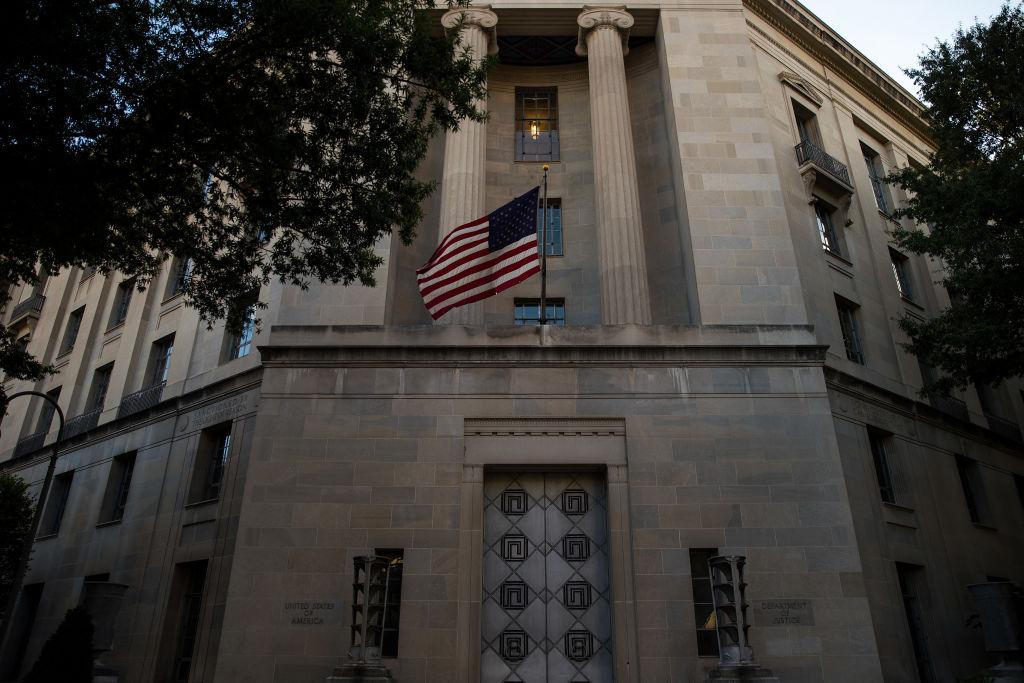A top Justice Department (DOJ) official who signed off on the appointment of special counsel Robert Mueller and oversaw the Russia probe announced his resignation on July 3.
Associate Deputy Attorney General Scott Schools said he will step down on July 6. Schools is taking a private-sector job after two decades with the DOJ.





